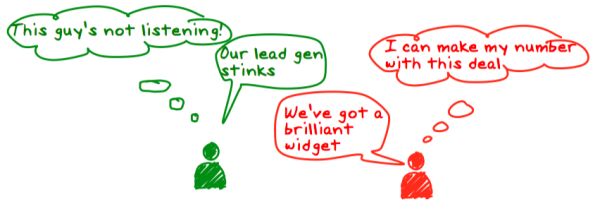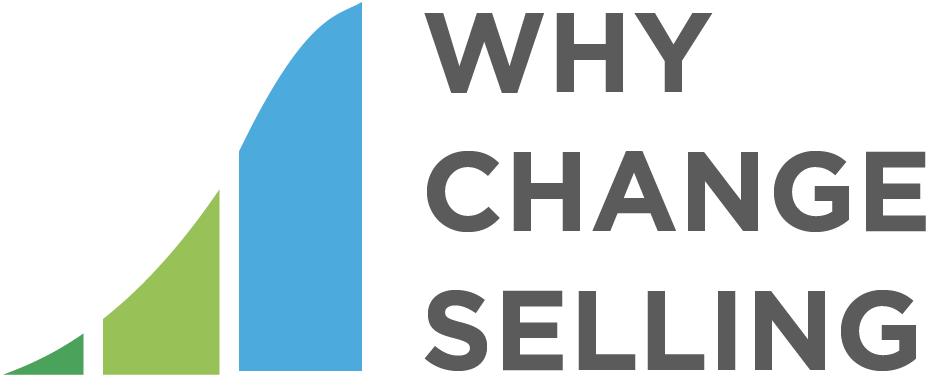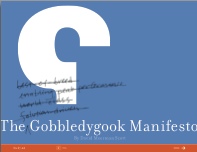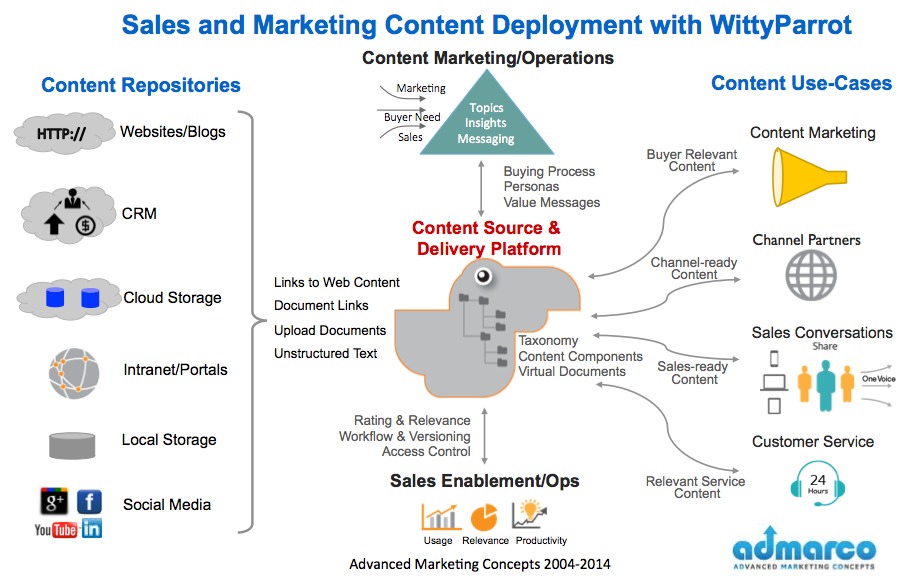Consultative Selling Myths
Sales books, blog-posts and training courses that offer “consultative selling secrets” and magical closing-techniques, constantly amuse me.
Most of the ideas in these so-called secrets are common sense and have been in practice since the “Fuller-brush man” came a calling.
If there truly were secrets to success in consultative selling or any other form of selling, then nobody would know them. Another myth is "Consultative Selling is Dead", but I will deal with that one another time...clearly it is not.
The truth is that there is a growing body of knowledge around consultative selling best-practices that anyone with a Web browser and an ability to read can access.
Great sales people are great communicators with strong ego-drive and the self- discipline, to do on a daily basis the little things that average sales people do not, that lead to successful sales outcomes.
discipline, to do on a daily basis the little things that average sales people do not, that lead to successful sales outcomes.
Consultative Selling Discipline
What really matters in consultative selling and professional selling in general are the understanding, mastery and daily practice of the following disciplines, skills and techniques;
- A genuine desire to succeed (fire-in-the-belly) fuelled by realistic short and long term goals which extend beyond your immediate sales goals. (this is no secret)
- An ability to control your emotional state; - your physiology, language and focus to produce the results you are seeking
- An ability to communicate and to develop rapport with anyone (there are naturals, but these skills can be learned by anyone except those with certain types of autism)
- Learning to listen clearly to what people are saying. This means listening for comprehension first, not for clues to competitors or to disqualify. Then to drill through the intellectual smoke-screen and fluff to understand meaning and intent (the use of language and the ability to listen are skills that can be easily learned)
- A curiosity to learn and discover what makes people tick and to synthesize new ideas to expand your view and appreciation of the World you live-in.
- Diagnostic skills underpinned by the use of best-practices questions that can be learned, which will enable you to chunk the buyer up to get the big picture or chunk down for specificity.
- Strong qualification after each meeting, which commits the buyer to acknowledge they are in agreement with your assessment of their situation and to proceed with agreed next steps
- Formal sales process which commits the buyer at each step of the sales cycle to disqualify non-buyers early and enable accurate forecasting
- Disciplined use of CRM, Knowledge Management and Performance Support tools.
- A reciprocal commitment (give to get) from the buyer at every interaction from asking for a demonstration to negotiating an agreement.
- An understanding of the buying process and tools and technique to help move the buyer through the Positioning phase (where most opportunities die) in the universal buying process I-M-P-A-C-T
- Add to this list, a knowledge of the buyer's business and industry
knowledge, that enables the sales person to come the table as an equal and bring insight and an opnion that challenges the status-quo and gets the buyer thinking differently about their issues and your capabilities.




